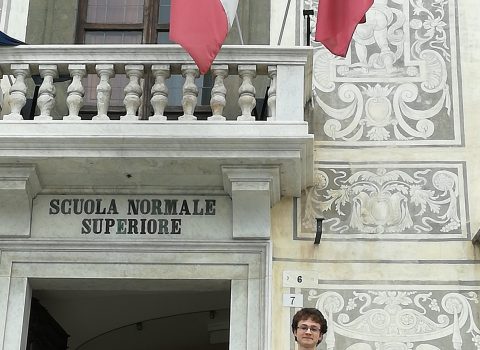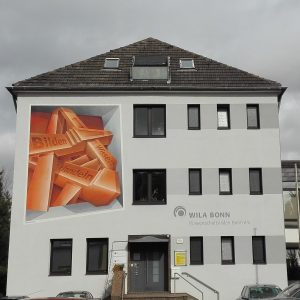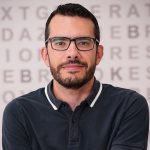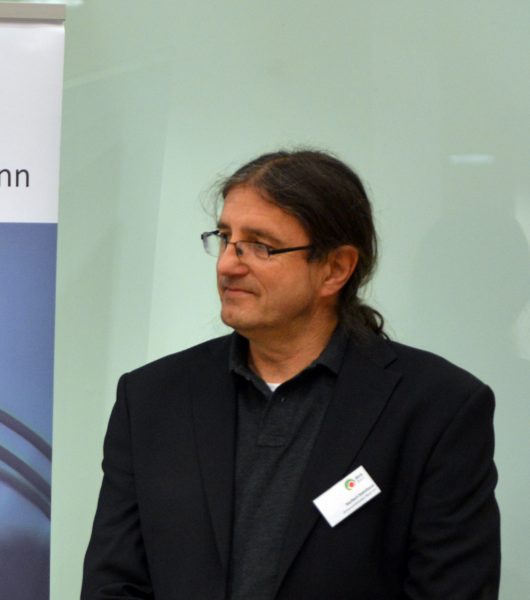
Science on sale
We met in Bonn Norbert Steinhaus, one of the managers of the city's "Science shop", a structure able to mediate between the needs of citizens and those of different local stakeholders
There are “special” shops around Europe: they do not sell food, clothing or jewelry. Actually, they usually do not sell anything at all. They rather offer. And there are many kinds of goods: you can find knowledge, participation, training, and many other things. In a word, science.
We are talking about “Science Shops“, born in the 70s in the Netherlands and now strongly rooted in many European countries (and not only). These are structures – often part of universities or research institutions – that offer the opportunity for citizens to be active protagonists of research and innovation, advancing ideas, requests and actual research proposals. The Science Shop collects these requests, selects them and submits them to researchers, which in some cases turn them into real research projects. Or, when it is structured as an independent body, the Science Shop offers services to citizens, always with the aim of encouraging their participation and engagement on current scientific topics. In recent years, the European Union as well has become aware of these organizations, financing many projects and encouraging the creation of Living Knowledge, a network of European Science Shops.
Among the many success stories there is one that stands out for its originality and longevity: it is the Science Shop in Bonn, established in 1984 and today a point of reference, both for the local community and for the European network. It is an indipendent, non-profit organization acting as a “bridge” between the needs of the citizens and those of the city and the university. At the Science Shop in Bonn, we met Norbert Steinhaus, project leader and head of international relations, as well as “historical memory” of the Science Shop (where he has been working since 1988).

The Bonn Science Shop
Norbert, what kind of projects are being carried out in the Science Shop?
Let me start by saying that, unlike other Science Shops (especially those structured in universities), we do not conduct purely experimental research: we do not have a laboratory and do not do chemical analysis or anything like that. Our research and activities focus on the value of people, and aim primarily at surveys, labour market surveys, consultancy, but also engagement with and for citizens and educational activities.
We are very active in renewable energy: in particular, we analyze the skills required to be hired by companies in that industry, then offered training courses on environmental consultancy services to unemployed graduates. Additionally, we have developed a subscription service that collects, on a mainly national basis, job offers in the field of natural and environmental sciences, drawing from a database made up of around a hundred newspapers, magazines and websites.
It is a work we have been carrying out for about twenty years now, so we have a lot of data and a precise knowledge of the needs of the companies in renewable energy. Furthermore, we have also carried out surveys and consultancy services for universities, in particular those that are looking into introducing new courses of study on these issues.
Another sector that sees us at the forefront is biodiversity, with particular reference to the issue of land consumption, which is unfortunately very current not only in Germany. At this time, we are working in particular on a project that directly involves some real estate companies and citizens to create green spaces in residential areas.
And then there are many engagement projects…
Education, participation, knowledge creation are key words for us. We have an educational center with a wide range of courses but also with a specific focus on education on sustainable development. And we also work a lot in teacher training.
To involve citizens, we have also developed a series of fun role-playing games, aimed at people of different ages (but especially young people) on various topics. For example, we have given citizens the role of representatives of political parties in the local parliament, giving them the task of discussing specific issues of their city. On other occasions, participants are called to discuss controversial issues, such as forest management, palm oil, and the installation of wind farms. These are free tools that offer citizens a unique opportunity to get involved in current political and environmental issues.
Finally, we organize workshops, public debates and creative workshops (similar to hackathons, even if not related to ICT issues) where we bring together experiences from different fields.
How is the Science Shop structured?
In the beginning, when we were few and we worked on a voluntary basis, we tried to structure ourselves as a unit of the university, as many Science Shops do. However, it did not work, partly because at that time the University of Bonn was decidedly conservative and not open to innovative initiatives like ours. So we decided to structure ourselves as a non-profit organization. The advantage is self-administration: all decisions are taken by the staff, democratically, and we are not forced to accept decisions that fall from above or from external bodies.
How do you fund your activities?
As an independent organization, we do not receive any official funding, apart from a partial grant from a regional agency for our educational center. Our sources of funding derive from the sale of our consulting services and research projects financed by national and international third-party bodies. At the moment, for example, we are involved in four projects within the Horizon 2020 program.
Among the European projects in which you have participated is there anyone that you consider particularly important?
One for sure is SCIPAS, in the early 2000s, which was the first project to create a “network” of European Science Shops, laying the basis for the setting up of the Living Knowledge network. Moreover, some results of that project were later on implemented in the European Commission’s “Science and Society Action Plan“: it was the first time that Science Shops were mentioned at a European level, a very important political recognition.
Other key projects were PERARES, which led to the creation of Science Shops in new contexts compared to the past, and RRI-Tools, which through the concept of Responsible Research and Innovation encouraged the development of innovative activities involving civil society in very different fields, such as food safety and bioeconomy.
To what extent has the awareness of your projects increased in the local community?
The road has been long: just think that it took ten years to get a recognition from the municipality of Bonn, with the first project conducted with the city, and another five years to get to the first project with the university. But today we can say that our organization is fully recognized: for example, the University of Bonn and also some local politicians are part of our advisory board, which is a very important recognition of the value of our work.

